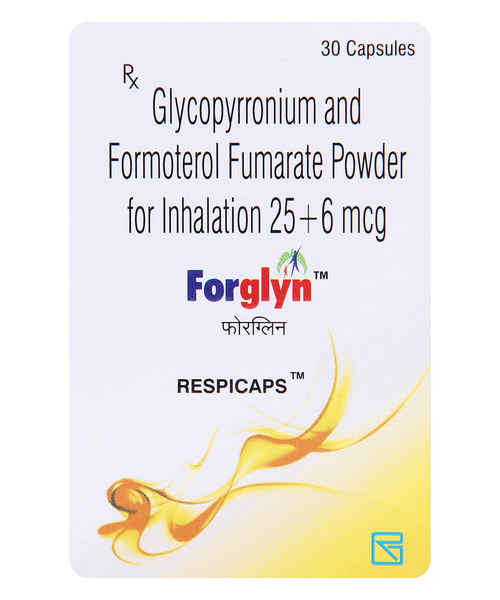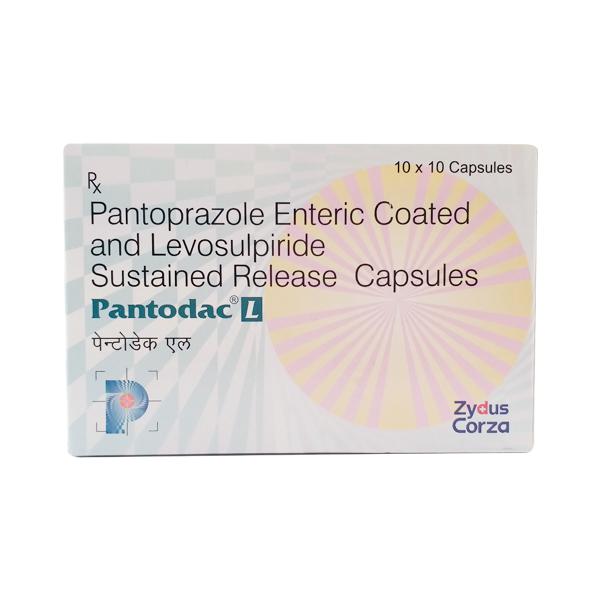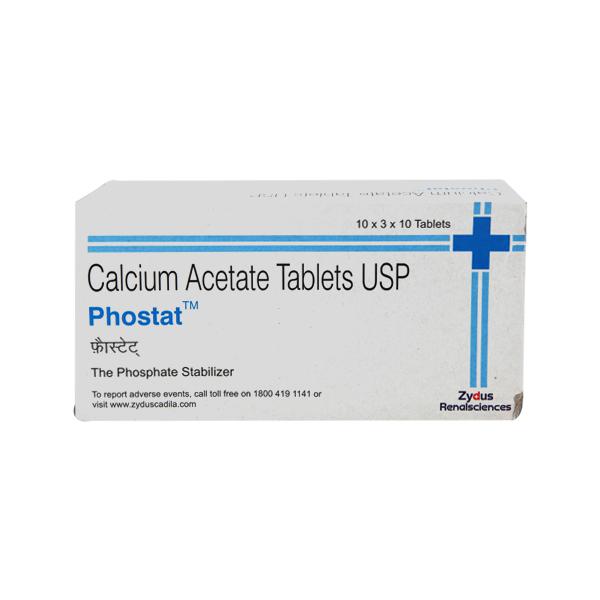biosol
Introduction to biosol
Biosol is a medication available in various forms such as tablets, syrups, and injections. It is primarily used to treat conditions like inflammation, allergies, asthma, arthritis, and certain skin conditions. Biosol helps in reducing symptoms such as swelling, redness, and itching, thereby improving overall health outcomes.
Composition of biosol
Biosol contains betamethasone as its active ingredient. Betamethasone is a corticosteroid that mimics hormones produced by the adrenal glands. These hormones play a crucial role in reducing inflammation and suppressing the immune system, which helps in alleviating symptoms like swelling and redness.
Uses of biosol
- Treatment of inflammation
- Management of allergies
- Relief from asthma symptoms
- Alleviation of arthritis pain
- Improvement of skin conditions like eczema and psoriasis
Side effects of biosol
- Increased appetite
- Weight gain
- Mood changes
- Stomach upset
- Headaches
- Fatigue
Precautions of biosol
Biosol can suppress the immune system, increasing the risk of infections. Long-term use may lead to conditions such as osteoporosis, high blood pressure, and high blood sugar. It is not recommended for individuals with systemic fungal infections or allergies to its ingredients. Always consult your doctor before starting or stopping the medication.
How to Take biosol
The usage method for biosol may vary depending on whether it’s available as a tablet, injection, or topical form. It is crucial to follow your doctor’s advice for the correct way to use your prescribed form of biosol.
Conclusion of biosol
Biosol, containing betamethasone, belongs to the therapeutic class of corticosteroids. It is manufactured to treat a variety of conditions such as inflammation, allergies, asthma, arthritis, and skin disorders. Key highlights include its effectiveness in reducing symptoms like swelling and redness. Always use biosol as directed by your healthcare provider to ensure optimal results and minimize potential side effects.
















.svg)
